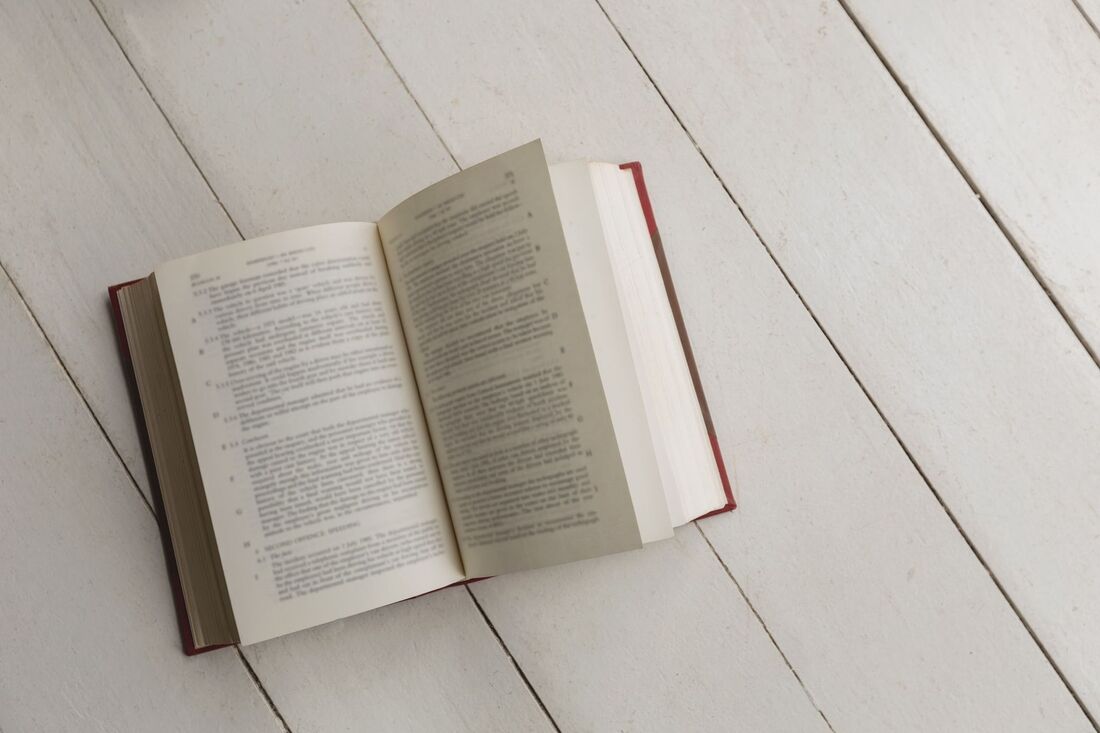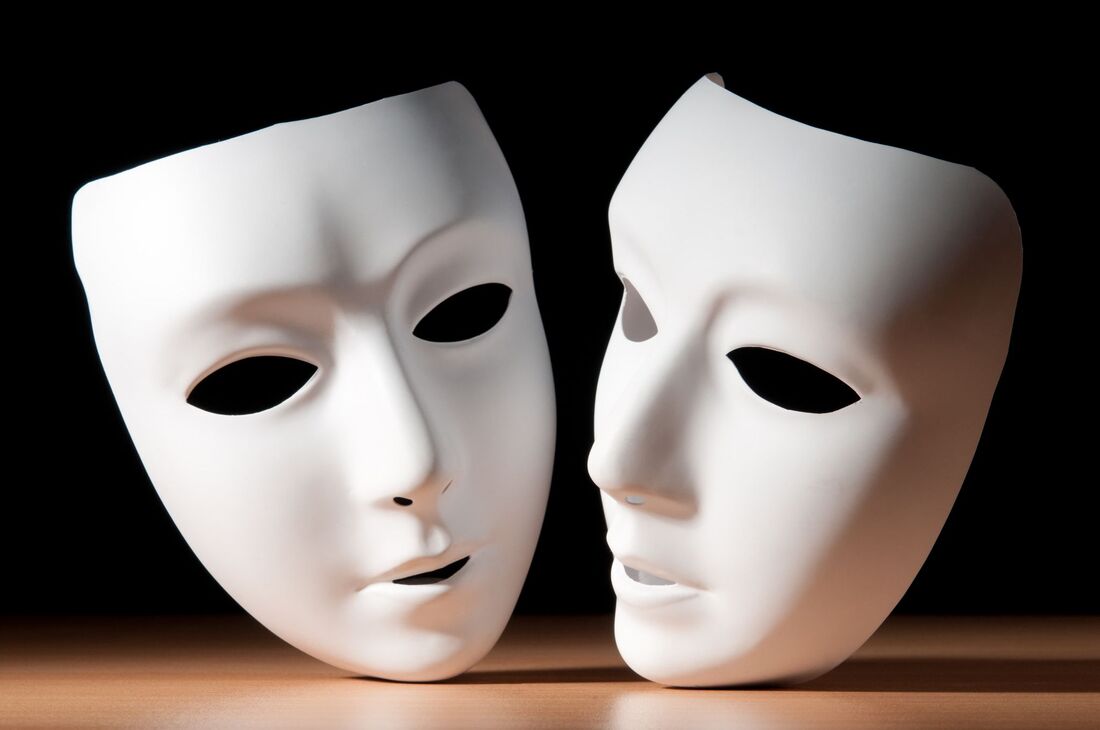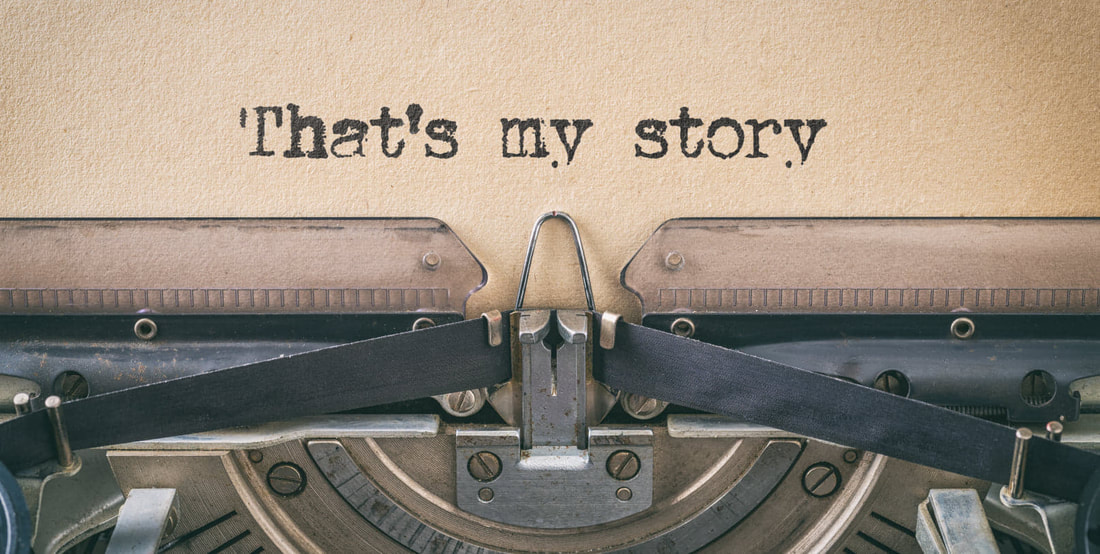 One of the few times I attended a writer's group in Madison had writers bashing on Leo Tolstoy and James Patterson. I like Tolstoy. I'm indifferent towards Patterson, mostly because his stories aren't my thing. I rolled my eyes a few times. While I'm not into Patterson, I admire that he is making reading such a joy for both kids and adults. We need more literacy in the world. And Tolstoy could have cared less about what they thought because he was living in communes filled with people who were obsessed with his work. Borderline cult leader and apparent lady's man, that Tolstoy fella. That's when I said, "You know, I don't yuck people's yum. I can't judge. I like Dean Koontz, and so many of his books have magical dogs as the main characters. I think Walker, Texas Ranger can be a solid way to kill time. I love it when Chuck Norris fist fights a bear." Art is 100% subjective with taste. I believe in criticizing toxic messages and how minorities are displayed if there's an issue, but if it's just a harmless piece of fun then I don't see the need in mockery. Critique is great when it's accurate or done out of a balanced perspective, but there should always be a recognition of how much hard work was put into something. In other words, don't be a jerk. Recently, I found myself genuinely struggling with a book I picked up by one of my favorite writers. Instead of simply tossing it aside, I decided to stick with it and finish it and figure out what kind of mistakes the author made so I don't make them. The book was called The Good Life by Jay McInerney. One of my favorite books of all time is also by him called Bright Lights, Big City. Very few books left me as deeply moved as that one did. It chronicles the quarter life crisis of a 20-something year old writer who is recently divorced and is battling depression in 1980's Manhattan. He is getting sick of the party scene and trying to find his way back to his own humanity. Without giving too much away, the redemption found in the book hit me right between the eyes because I wasn't expecting it. I couldn't believe how well-executed it was and how much it packed in for a shorter book. I think it should be required reading for every healthy deconstruction period or life crisis. The literary scene at the time was notorious for its nihilistic portrait of yuppy, upper class culture. Most of the novels that come from this period are bleak, because the overarching message in almost all of these books is that consumerism, desensitization from violence, addiction, a disrespect for life, and classism has detached people from their own humanity. What made McInerney's book so amazing to me is that he somehow snuck in a glimmer of hope in the mess - that a better life is absolutely possible when we open ourselves up to the reality that we are redeemable. So when I picked up The Good Life, I was expecting that same kind of impact. It's about 9/11 and the aftermath between two couples who are having affairs in response to the trauma (and their paths back to redemption too.) McInerney served at a soup kitchen at ground zero and got the idea while serving first responders. I was expecting something like that. It was also difficult to get through because I found it so melodramatic. The thing of it is that McInerneny's first novel has followed him in an almost detrimental way, and every book of his has been compared to it. He was catapulted into fame when he was married and settled down. Because the image of a writer losing control of his life felt so real to people, his readers assumed he was just like the main character. In reality, he is a quiet guy who spent some time sowing wild oats in Manhattan before becoming a nice, nerdy suburbanite who enjoys wine tasting as a hobby. Perhaps that's why Bright Lights has an optimistic feel. Then I took a further step back from these considerations I realized that, objectively, the book was good. It had all the right ingredients and it was well-written (according to my own standards.) If I hadn't been exposed to Bright Lights before this, I probably would've enjoyed it a lot more. In fact, if it ever gets turned into a movie, I think it would be great. This book also tied in as I was reading a Christian book by a famous author. She talked a lot about her own life and testimony, and I appreciated hearing it. However, I absolutely hated the way it was written. It was way too flowery and buried with cliches. But the main message was important, and I realized with that book that it is helping tons of people on their spiritual journey. I don't want my personal snooty opinions to interfere with someone else's potential encounter with God. If I can apply that same kind of appreciation for teaching, I should apply that for storytelling too. So while I didn't enjoy The Good Life, I ultimately recognize it as a gift that McInerney gave us based off of firsthand experiences. And that's the way most art should be treated - as a presentation into another person's created world and insight. There are also so many factors in how we choose to enjoy something, whether we're conscious of them or not. For instance, Christoper Nolan's Batman movies were called masterpieces until Robert Pattinson's Batman came out, and suddenly Nolan's movies aren't as respected among fans. It's fascinating to see people's reactions who, less than a month ago, had shrines set up to Christian Bale's performance. (I love both adaptions, but they're completely different - that's another post for another day.) It speaks to the many ways we enjoy art, and it's something we should continually be conscious of with every piece we enjoy or watch. Criticize, love, hate, etc, any piece of work you want. But be aware of your own nuance and your own lens. It colors more than we think.
0 Comments
 This Lent season, I've been reflecting on what it means to sacrifice and give up things to God. This passage in particular from Matthew 6: 5-6: “When you pray, don’t be like hypocrites. They love to pray standing in the synagogues and on the street corners so that people will see them. I assure you, that’s the only reward they’ll get. But when you pray, go to your room, shut the door, and pray to your Father who is present in that secret place. Your Father who sees what you do in secret will reward you." (CEB) A lot of people get the basic meaning from this passage that a hypocrite is someone who does one thing and in private is a completely different person. That's only part of the picture. The word has its roots in a Greek term called "hypokrises" which has a variety of meanings. It was mainly applied to people who were actors for a living, but other euphemisms for it were "coward," "jealous," "play-acting," and "dissembling." (At least according to the handy dandy Pocket Oxford Classical Greek Dictionary.) Jesus wasn't preaching against people who were open with their faith, or actors. He was preaching against a mentality that made religion a commodity to gain social status. That leads to dangerous things later down the road. Hypocrites, in this sense, are people who base their entire lives off of the applause of others. It's also a universal truth: growth and character can't be faked, because it's something that happens inside us amd it eventually comes out in one way or another. That's especially true for spirituality. So when Jesus tells his followers to not be like the hypocrites, he is asking us to stop paying attention to the applause around us, and the things that cause that applause, and focus on our inner condition. In the same applicable way, on the opposite end of the spectrum, there are some people who absolutely thrive off of being controversial for the attention of it. I believe Jesus would say the same thing to them, because the only reward they get are the temporary reactions they want to see. Again - authentic faith can't be faked. Eventually, when the rubber meets the road, we eventually see how people's faith influences what they do and how they respond. Usually the most spiritual people I have ever met are the people who don't know they're that spiritual. They dwell in spiritual practices in secret and it flows out naturally. In the age of social media, it's especially important to be aware of this - because we're all guilty of it to some extent. But where Christ comes in is that He shows us a better way. He points to people who thrive off of that attention and says, "That's not healthy. The reward is temporary. Imagine how much better it will be when you spend time with Me instead." When we enter into that Presence, we don't have to worry what others think of us. We don't have to think about images to maintain, social media validation, or keeping up with trends. We learn that we are loved, uniquely and wonderfully - and there's no better place to be.  When I was nineteen, I wrote a full book-length memoir called Life Starts Now. It's taken from a Three Days Grace song, because I was trying to communicate that it "wasn't like those other memoirs." Spoiler alert: it's exactly like those other memoirs. Someone at my licensing interview for my denomination made the comment: "You had a fully lived adolescence." And that pretty much summarizes what I wrote down. I was pretty naive, as are most nineteen year olds. The piece tried to blend a rigid form of Christianity with gritty realism. There were more f-bombs in it than in Pulp Fiction (literally - I did the math.) I hung out with some pretty blunt street kids back in the day. But what made it strange to read was that it endorsed a borderline legalistic form of faith with a slew of profanity and partying. I didn't fully understand how grace transforms people, or the depth of God's love and character. I'm not a prude about my stories, but at least my beliefs and theology are wide enough to consider how God works in that brokenness. I also didn't have the insight I have today to understand what was going on during those years. High school kids do stupid, reckless things. Working at a Boys and Girls Club showed that to me so many times. That's just life. If I were to try to tell the story today, it would be more about how God was faithful to me during that period. And that is 100% why I'm grateful that every agent or publishing house I tried to submit to turned me down. The Christian agents especially. Even the version I rewrote in college is a version I disagree with today. My theology changed dramatically through studying Quaker history and Scriptures, with the inclusion of my encounters with peacemaking and community development. My faith grew to understand the wider picture of what God was doing in the world, and what He was calling me to do. There is a ton of wisdom in giving pieces of work, or even a letter, time to breathe. I wrote a few short memoir pieces down recently about what it was like to minister in 2020, and then I put those pieces away. I won't touch them again for three years, because I know by that time I'll have a more sober perspective. And memoir is one of those tricky things where it's not necessarily supposed to be history as it happened - but rather it's an exploration of life with certain themes in mind. Even so, with that understanding, I want to make sure I have a good grasp on what was really happening in my life - no matter what the period was. I don't think it would've become a bestseller at all by any stretch of the imagination, but I also look at people like Joshua Harris whose own toxic purity culture theology led him out of faith. He was 21 years old and the publishing industry, and fundamentalist churches, absolutely took advantage of him. Then there's Bret Easton Ellis, who was 19 when Less Than Zero was published. He was suddenly thrown into a fame he wasn't ready for, and almost ruined his life because of it. There's wisdom in recognizing your own limits, and considering the thought that maybe you don't know as much as you think you know. And when it comes to writing about your own life, I've learned to let time do its job and allow me to get a wiser perspective before touching anything. I love memoir as a genre, but I think a piece of advice I've rarely heard that I've learned myself is that it takes time to get a wiser perspective. I don't regret writing down what I wrote down. It's an amazing accomplishment for a teenager to do. But I'm also so, so glad that I didn't have the confidence to try to query it around further than I did or self-publish it. Of all the things I was cocky about back then, it never occurred to me to be cocky about that. I consider that a God thing that it didn't happen. I think it's the unanswered prayers that we learn to be the most grateful for in the future. |
 RSS Feed
RSS Feed
